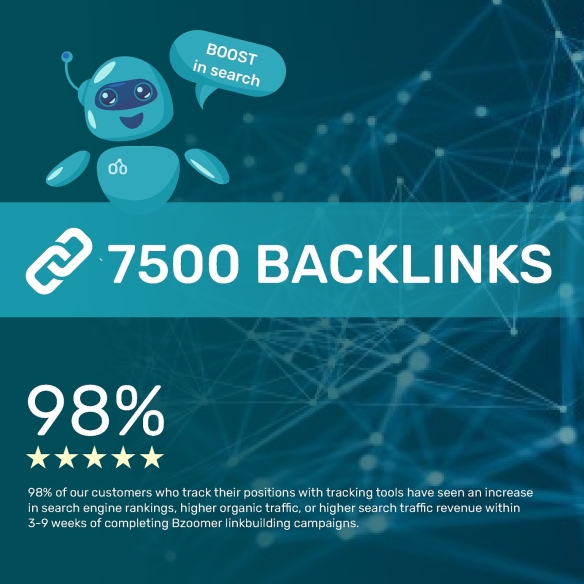In today’s connected world, communication is the lifeline of every successful business. As remote work, virtual collaboration, and digital transformation continue to reshape how companies operate, traditional phone systems no longer meet the demands of agility and cost-efficiency. That’s where Business VoIP solutions come in—delivering reliable, scalable, and affordable communication tailored to modern needs.
What Are Business VoIP Solutions?
VoIP stands for Voice over Internet Protocol, a technology that allows users to make and receive calls over the internet instead of traditional telephone lines. Business VoIP solutions go a step further by offering professional-grade features such as call forwarding, voicemail-to-email, auto-attendants, call analytics, and video conferencing—all hosted in the cloud.
Key Advantages of VoIP for Businesses
Businesses of all sizes are increasingly switching to VoIP solutions for several compelling reasons:
-
Cost Savings: VoIP significantly reduces the cost of long-distance and international calls. There’s no need for expensive on-premise hardware or separate voice lines.
-
Flexibility and Mobility: Employees can make and receive calls from any device—desktop, mobile, or tablet—regardless of their location. Perfect for remote teams and hybrid work environments.
-
Advanced Features: From auto-attendants to call recording and CRM integration, VoIP systems offer enterprise-level tools at a fraction of the cost.
-
Scalability: Easily add or remove lines as your business grows—without costly infrastructure changes.
-
Unified Communications: Many VoIP platforms include chat, video conferencing, and file sharing, creating a seamless communication hub.
Cloud-Based vs. On-Premise VoIP Systems
There are two main types of VoIP solutions:
-
Hosted (Cloud-Based) VoIP: Managed by a third-party provider. Ideal for small and medium-sized businesses looking for ease of use and low upfront costs.
-
On-Premise VoIP: Installed and managed on your own servers. Suitable for larger enterprises with in-house IT teams and specific security or compliance requirements.
Most modern businesses choose cloud-based VoIP due to its reliability, affordability, and minimal maintenance needs.
How to Choose the Right VoIP Provider
When selecting a VoIP provider for your business, consider the following factors:
-
Call Quality and Uptime Guarantees
-
Feature Set vs. Pricing
-
Integration with existing tools (CRM, helpdesk, etc.)
-
Customer Support Availability
-
Mobile App and Desktop Compatibility
-
Security and Encryption Standards
Leading VoIP providers also offer free trials or demos, allowing businesses to test the system before committing long-term.
Real-World Applications of Business VoIP
Companies across various industries use VoIP for:
-
Customer service and support call centers
-
Sales teams needing seamless outbound calling tools
-
Remote teams communicating across multiple time zones
-
Startups scaling operations without heavy IT investments
VoIP is no longer just a cost-saving alternative—it’s a strategic tool for productivity and customer engagement.
Business VoIP solutions offer more than just internet-based calling—they represent a shift toward flexible, cloud-first communication systems that adapt to the way modern companies work. Whether you're looking to cut costs, empower remote teams, or unify your communications, VoIP is a smart investment for the future of your business.


